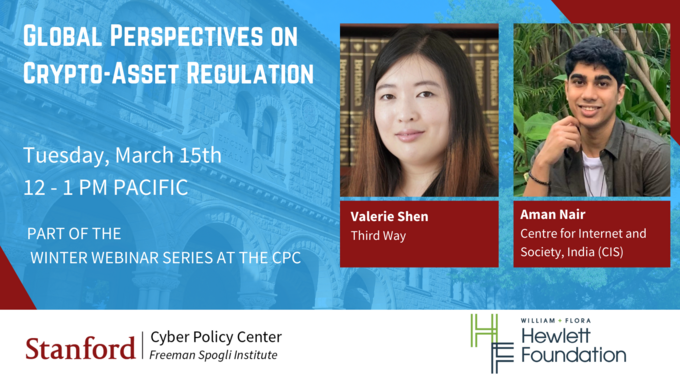Researcher Perceptions of Current and Future AI
For spring quarter 2022, CISAC will be hosting hybrid events. Many events will offer limited-capacity in-person attendance for Stanford faculty, staff, fellows, visiting scholars, and students in accordance with Stanford’s health and safety guidelines, and be open to the public online via Zoom. All CISAC events are scheduled using the Pacific Time Zone.
About the Event: Artificial intelligence (AI) has enormous potential for both positive and negative impact, especially as we move from current-day systems towards more capable systems in the future. However, as a society we lack an understanding of how the developers of this technology, AI researchers, perceive the benefits and risks of their work, both in today's systems and impacts in the future. In this talk, Gates will present results from over 70 interviews with AI researchers, asking questions ranging from "What do you think are the largest benefits and risks of AI?" to "If you could change your colleagues’ perception of AI, what attitudes/beliefs would you want them to have?"
About the Speaker: Dr. Vael Gates is a postdoctoral researcher at the Institute for Human-Centered Artificial Intelligence (HAI) and the Center for International Security and Cooperation (CISAC) at Stanford University. They study perceptions of AI safety, and are currently interviewing technical AI researchers to understand their views about risks from AI. They previously completed their PhD at UC Berkeley, formalizing and testing computational models of social collaboration.












